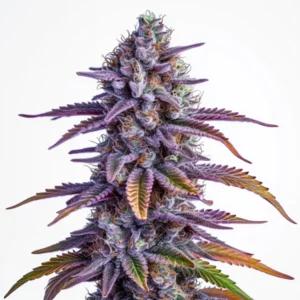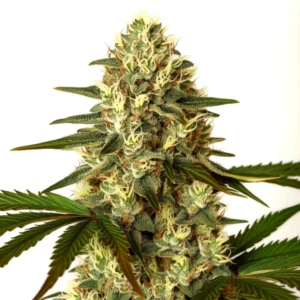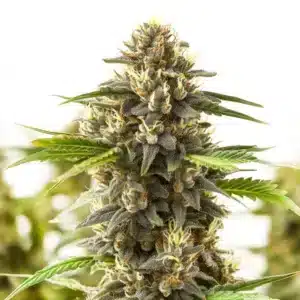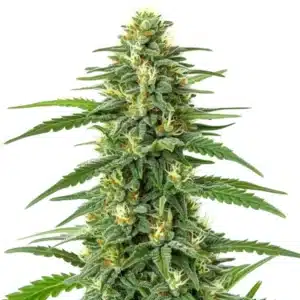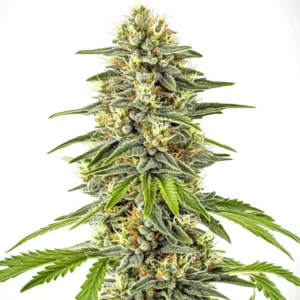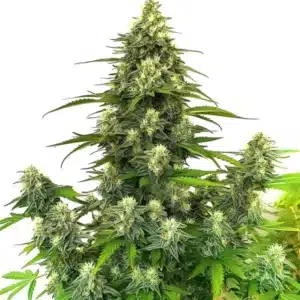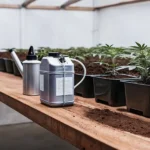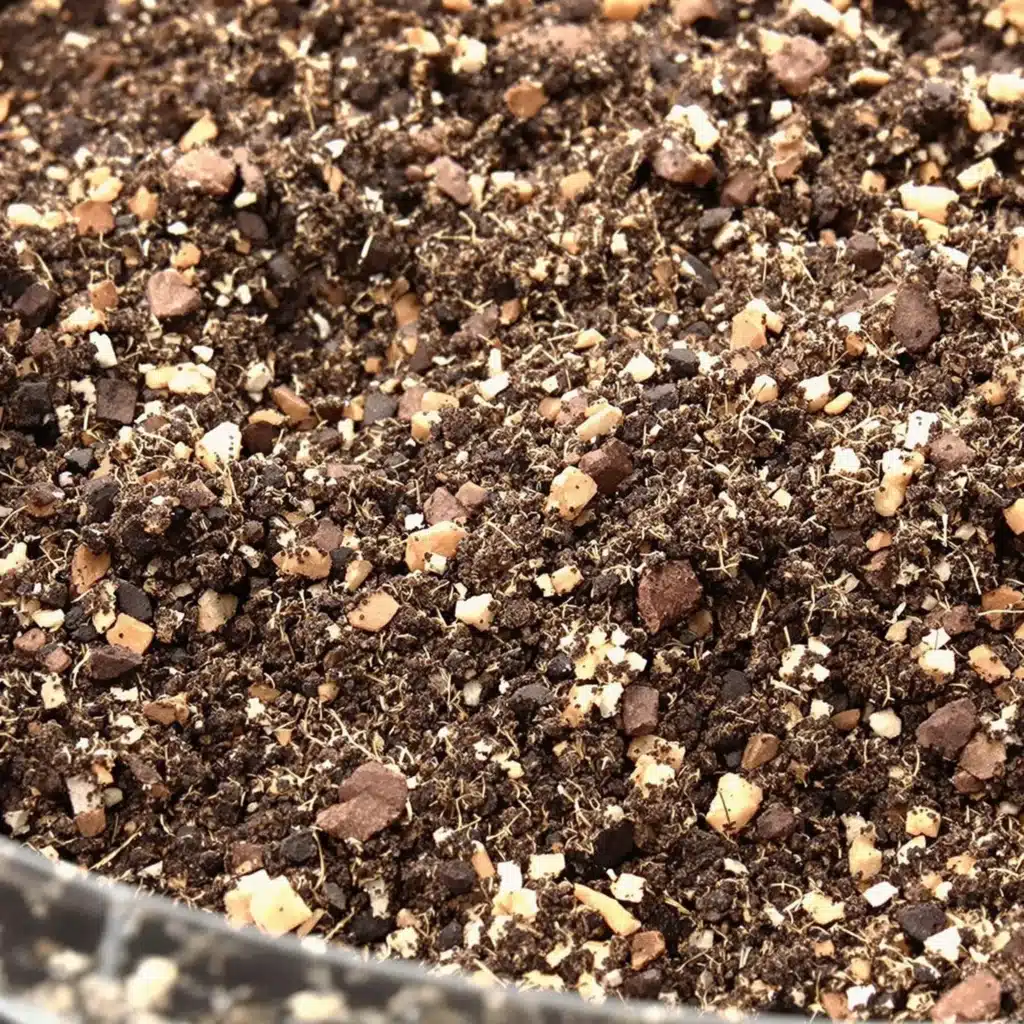
Best Soil Mix for Autoflowers: Achieve Healthier Plants
What makes the perfect soil mix for autoflowers? As these resilient cannabis strains grow quickly and thrive under specific conditions, the right soil mix can make all the difference. Let’s uncover the secrets to creating an ideal growing medium that ensures robust growth and exceptional yields.
Why Soil Mix Matters for Autoflowers
Autoflowers have a unique growth cycle. Unlike photoperiod strains, they switch to flowering automatically based on age rather than light exposure. This shorter lifecycle means they have less time to recover from stress. The soil mix plays a vital role in minimizing stress and providing consistent nutrients.
Recommended Strains
Glookies
|
|
THC | 22% - 25% (Medium) |
|
|
Type | Feminized |
|
|
Yield | High |
|
|
Phenotype | 70% Indica / 30% Sativa |
Glookies Autoflower
|
|
THC | 22% - 25% (Medium) |
|
|
Type | Autoflowering |
|
|
Yield | High |
|
|
Phenotype | 70% Indica / 30% Sativa |
The best soil mix for autoflowers strikes a balance between aeration, drainage, and nutrient content. Using a mix that’s too heavy can suffocate roots, while one that’s too light may not retain enough moisture or nutrients. Ensuring the right combination is essential for these fast-growing plants.
A good soil mix not only supports healthy root development but also enhances water retention and nutrient absorption. Autoflowers rely heavily on their root system to thrive in a short amount of time, so an optimized growing medium is crucial for achieving high yields and robust plants.
Promos & Deals
Essential Components of a Soil Mix for Autoflowers
Base Soil
A good base soil is the foundation of any effective soil mix. Look for organic options that are light and well-draining. Peat moss and coco coir are popular choices because they retain moisture without becoming waterlogged. Peat moss has a slightly acidic pH, which pairs well with cannabis plants, while coco coir offers excellent aeration and root support.
Base soil should be free of contaminants and pests, ensuring a clean environment for your plants. Investing in high-quality base soil eliminates potential issues and provides a strong start for your autoflowers. Many growers combine commercial potting soils with organic materials for optimal results.
Aeration Additives
Autoflowers need oxygen at their roots to thrive. Adding aeration materials like perlite or vermiculite to your soil mix helps ensure the roots get the air they need. Perlite is lightweight and promotes drainage, preventing overwatering. Vermiculite, on the other hand, retains moisture while still allowing air pockets to form, making it ideal for balancing water retention and aeration.
Incorporating aeration additives improves root structure, allowing plants to absorb nutrients more efficiently. This becomes especially important during flowering, as robust roots directly influence bud quality and density. Regularly checking for compacted soil and refreshing aeration materials can further boost plant health.
Nutrient Content
Autoflowers prefer a light nutrient profile during their early stages. Over-fertilized soil can burn young plants. Start with a soil mix that’s only lightly amended with nutrients. As the plants mature, you can top-dress with organic fertilizers like compost or worm castings to boost growth. Avoid synthetic fertilizers initially, as they may overwhelm these sensitive strains.
Organic nutrients provide a slow-release mechanism, ensuring that plants receive a steady supply of essential elements. This minimizes the risk of nutrient lockout and promotes consistent growth. Pay attention to signs of deficiencies or excesses, and adjust your soil mix or feeding schedule as needed.
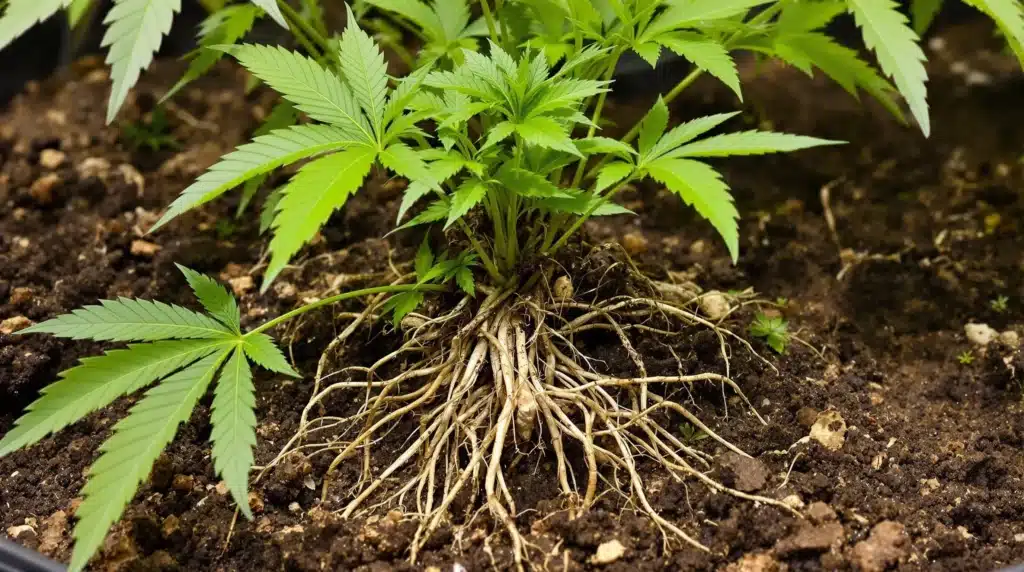
How to Make the Best Soil Mix for Autoflowers
Creating a custom soil mix allows you to tailor the growing medium to your plants’ specific needs. Here’s a simple recipe:
- Base: Combine 50% organic potting soil with 25% coco coir or peat moss.
- Aeration: Add 20% perlite or vermiculite to improve drainage.
- Nutrients: Mix in 5% compost or worm castings for a slow-release nutrient source.
This mix provides an excellent starting point for autoflowers. It retains enough moisture while allowing for proper drainage and airflow.
You can customize this recipe by adding materials like bat guano, kelp meal, or bone meal for additional nutrients. Experimenting with different combinations helps refine your soil mix over time, leading to healthier plants and better harvests.
Ready-Made Soil Mixes for Autoflowers
If you’d rather skip the hassle of creating your own mix, several high-quality ready-made options are available. Look for organic soil blends designed for cannabis cultivation. These often come pre-amended with the perfect balance of nutrients, aeration, and drainage.
Examples include:
- Fox Farm Ocean Forest: A nutrient-rich option ideal for early growth stages.
- Happy Frog Potting Soil: Contains beneficial microbes and mycorrhizae to promote healthy roots.
- Roots Organics Original: Known for its excellent aeration and drainage properties.
When using ready-made soils, monitor your plants for nutrient burn or deficiencies and adjust feeding as needed. Even with high-quality soil, environmental factors like watering habits and lighting can influence plant health, so remain attentive.
Adjusting pH for Autoflowers
Cannabis plants, including autoflowers, prefer a slightly acidic soil pH between 6.0 and 6.5. Maintaining this range ensures optimal nutrient uptake. Regularly test the pH of your soil and water using a reliable pH meter. If the pH is too high or too low, adjust it using natural amendments like dolomite lime (to raise pH) or sulfur (to lower pH).
Consistency in pH levels prevents nutrient deficiencies, which can stunt growth and reduce yields. Regular testing and prompt adjustments create a stable environment for your autoflowers to flourish throughout their lifecycle.
Benefits of a Well-Balanced Soil Mix
A properly balanced soil mix enhances root health, encourages vigorous growth, and minimizes the need for additional fertilizers. Autoflowers are particularly responsive to the environment, and a suitable soil mix reduces the risk of overwatering, nutrient deficiencies, or pH imbalances. With the right preparation, your plants will grow stronger and produce higher-quality buds.
Healthy soil also fosters beneficial microbial activity, which supports nutrient cycling and plant immunity. A vibrant microbial community ensures that autoflowers receive the nutrients they need while maintaining a resilient root system.
Avoiding Common Pitfalls in Soil Mixes for Autoflowers
Overcomplicating your soil mix with excessive amendments can do more harm than good. Autoflowers thrive in simplicity, so avoid overloading the soil with nutrients or additives. Always test your mix’s texture and water retention before planting to ensure it meets your plants’ needs.
Additionally, steer clear of heavy clay soils, which retain too much water and can lead to root rot. Similarly, sandy soils may drain too quickly, leaving plants thirsty. Striking the right balance is key to success.
Another common issue is inconsistent watering. Ensure that your soil retains moisture without becoming soggy. Autoflowers are particularly sensitive to overwatering, so proper drainage is a critical factor in preventing root-related problems.
Advanced Techniques for Improving Soil Mix
Experienced growers can enhance their soil mix with advanced techniques. Adding biochar, for example, improves soil structure and increases microbial activity. This carbon-rich material helps retain nutrients and water while promoting a healthy root zone.
Using compost teas is another way to boost the microbial life in your soil. Brewed from organic materials like compost, molasses, and kelp, these teas introduce beneficial bacteria and fungi that improve nutrient availability and plant health. Regular applications can supercharge your autoflowers’ growth.
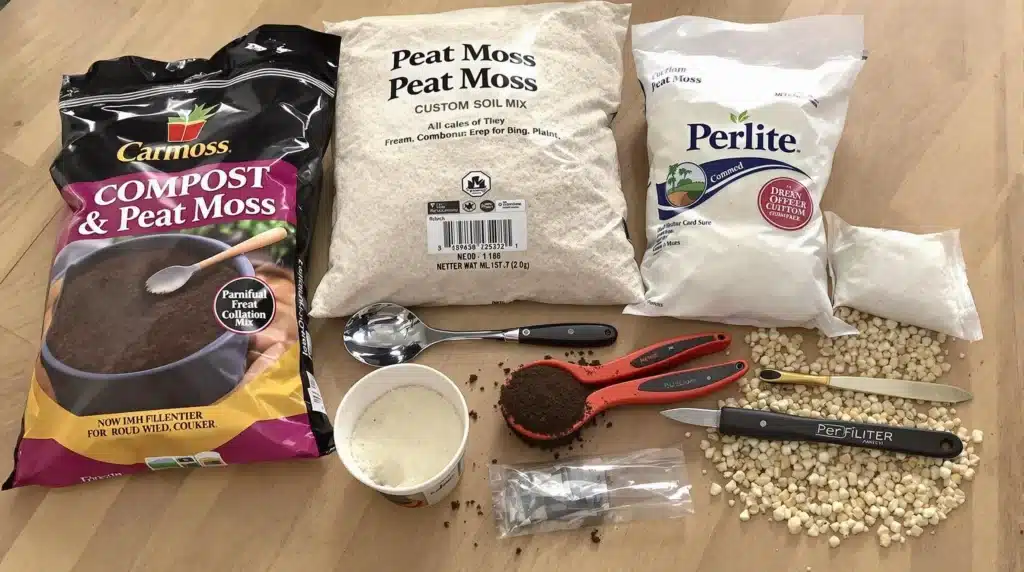
FAQs About Soil Mix for Autoflowers
Can I use regular potting soil for autoflowers?
Yes, but it’s best to amend it with aeration materials and ensure it’s not overly rich in nutrients.
How often should I water autoflowers in this soil mix?
Water when the top inch of soil feels dry to the touch. Avoid overwatering to prevent root issues.
Is compost necessary in the soil mix?
While not mandatory, compost provides a steady nutrient source and enhances soil structure.
Can I reuse soil for autoflowers?
Yes, but rejuvenate it with fresh compost and test for nutrient levels before replanting.
What’s the best growing medium for beginners?
A mix of organic potting soil, coco coir, and perlite is simple and effective for new growers.
With the right soil mix, your autoflowers will thrive and reward you with impressive yields. Understanding their unique needs and tailoring your growing medium accordingly is the key to a successful grow.



